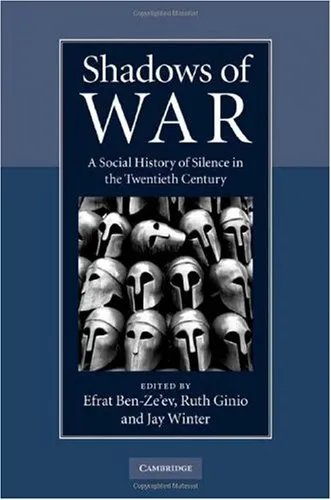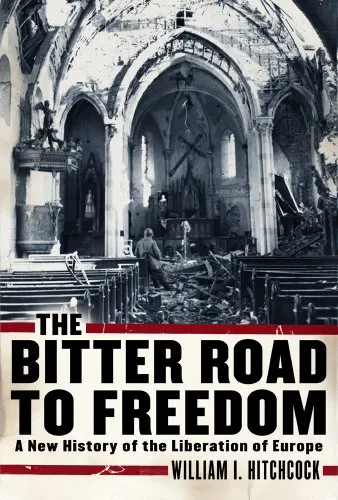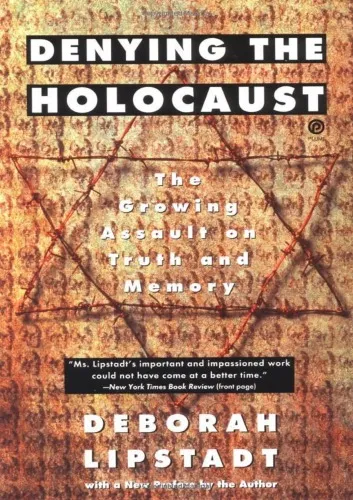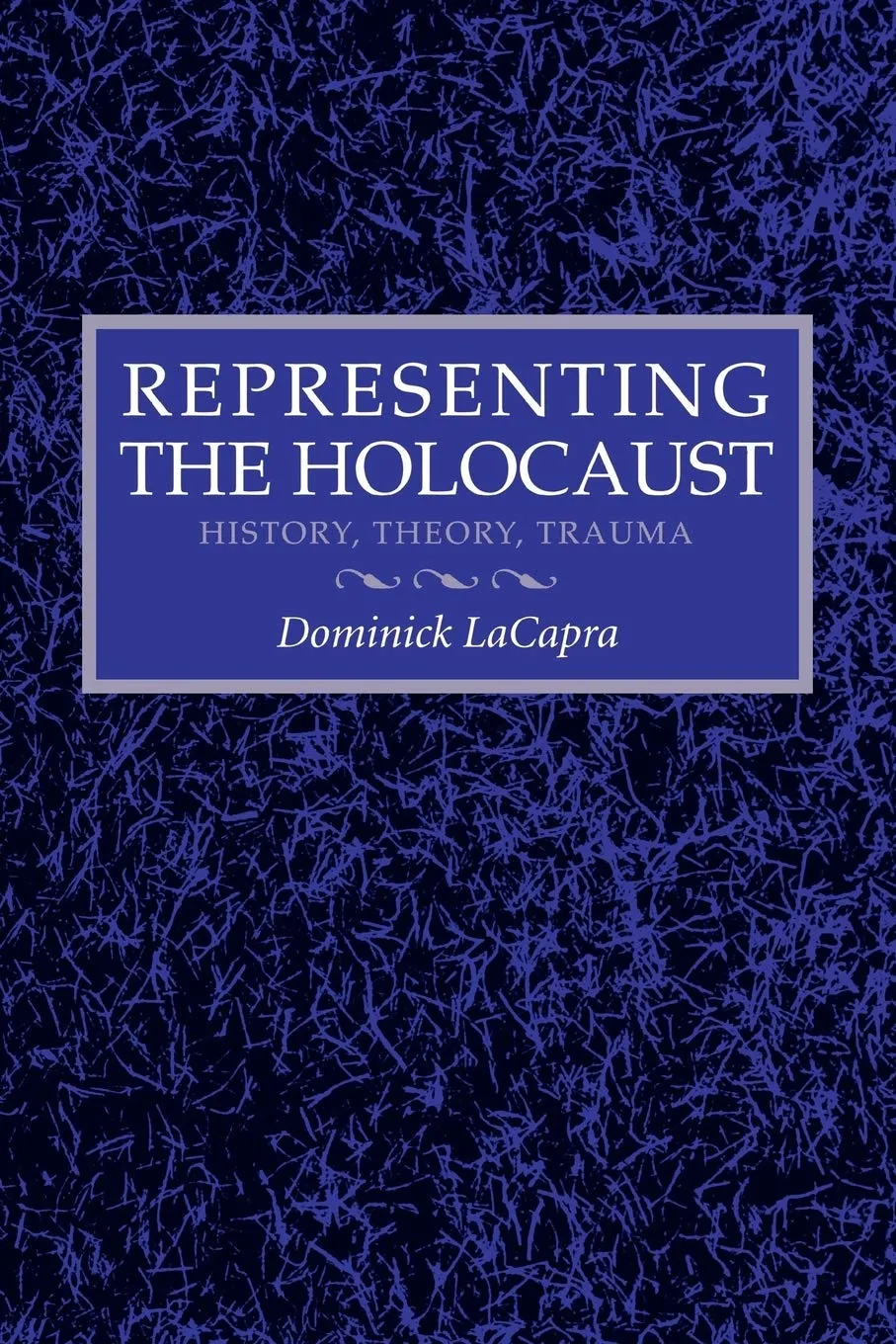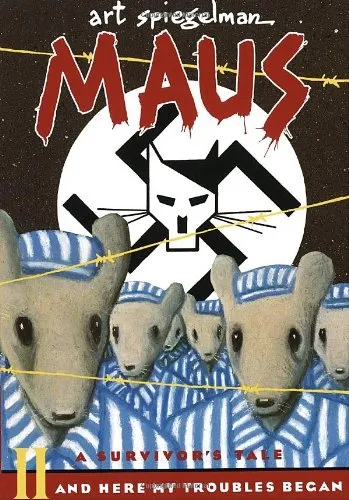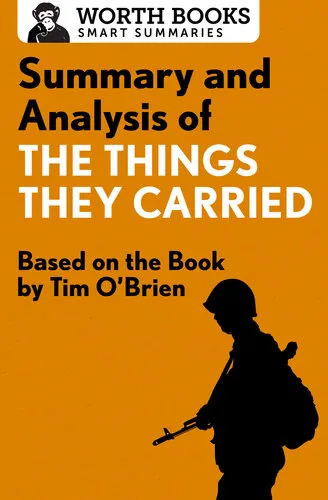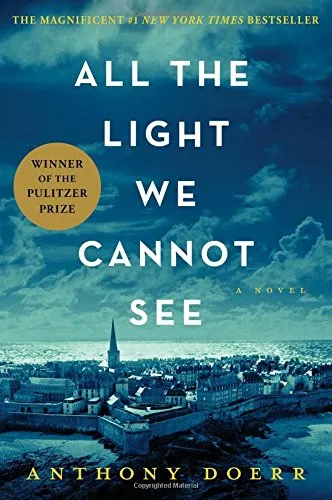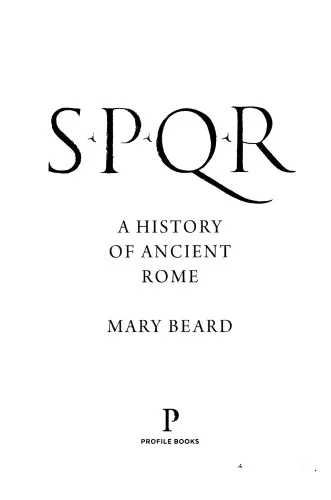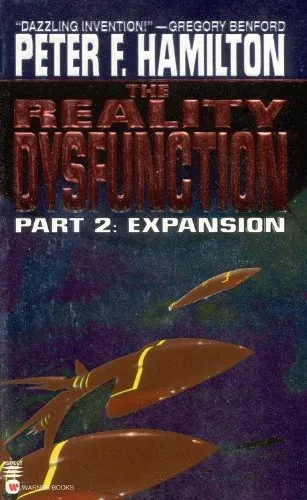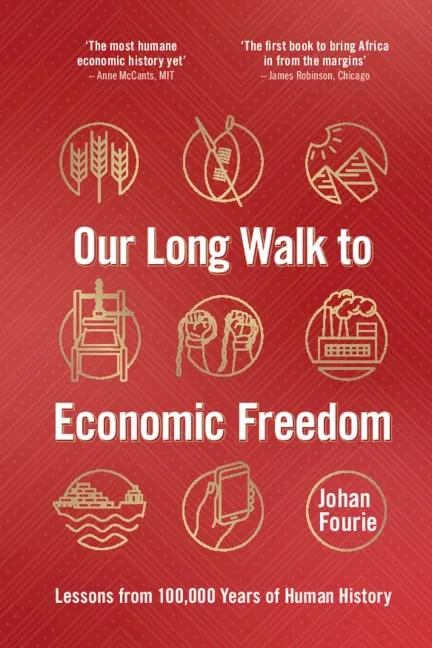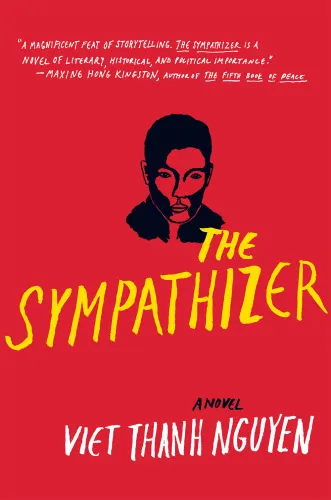Shadows of War: A Social History of Silence in the Twentieth Century
4.4
Reviews from our users

You Can Ask your questions from this book's AI after Login
Each download or ask from book AI costs 2 points. To earn more free points, please visit the Points Guide Page and complete some valuable actions.Related Refrences:
Introduction to 'Shadows of War: A Social History of Silence in the Twentieth Century'
In 'Shadows of War: A Social History of Silence in the Twentieth Century', authors Efrat Ben-Ze'ev, Ruth Ginio, and Jay Winter delve deeply into the often-overlooked role of silence in the context of war. This profound and meticulously researched book challenges readers to rethink traditional narratives about the impact of war, emphasizing the pivotal role silence plays in shaping historical and contemporary understandings.
Detailed Summary of the Book
The book meticulously explores how silence, in its many forms, has been utilized during and after major conflicts throughout the 20th century. It looks at silence not simply as an absence of speech but as a potent force that shapes and is shaped by social, political, and cultural forces. By examining case studies from various global conflicts, the authors reveal how silence operates in contexts ranging from the personal to the communal and national arenas.
Each chapter focuses on different aspects of silence in wartime, such as political silence enforced by regimes, the personal silence of trauma and memory, and the cultural silences that emerge in the aftermath of conflict. By using a multidisciplinary approach, the authors integrate insights from history, anthropology, sociology, and psychology to provide a comprehensive understanding of how silence functions and how it has influenced the course of history.
Key Takeaways
- Silence is a dynamic social phenomenon that has significant implications for memory and identity.
- The authors argue for a broader understanding of wartime narratives that includes the silences that accompany trauma and memory.
- Different cultures and societies use and understand silence in varied ways during and after conflicts.
- Silence can serve as both a tool of repression and a form of resistance, depending on the context.
Famous Quotes from the Book
"Silence is never absence; it is an active presence, a form of communication that speaks volumes."
"In the shadows of war, silence holds a mirror to history, reflecting truths unspoken and stories untold."
Why This Book Matters
The importance of 'Shadows of War' lies in its ability to make readers reconsider the role of silence in the stories and memories surrounding conflict. While traditional historical narratives often focus on overt actions and declarations, this book highlights the power of what is left unsaid and how these silences shape human experience and societal evolution.
By offering a nuanced exploration of silence, the authors provide a platform for the voices and experiences that have been historically marginalized or forgotten. This perspective is invaluable for historians, sociologists, and anyone interested in the complexities of human memory and the aftermath of conflicts.
This work also contributes to current dialogues about memory, trauma, and healing, underscoring the relevance of understanding silence in our contemporary world. In doing so, it urges a re-evaluation of how we interpret and engage with historical narratives, presenting a powerful argument for the inclusion of silence as a critical component of social history.
Free Direct Download
You Can Download this book after Login
Accessing books through legal platforms and public libraries not only supports the rights of authors and publishers but also contributes to the sustainability of reading culture. Before downloading, please take a moment to consider these options.
Find this book on other platforms:
WorldCat helps you find books in libraries worldwide.
See ratings, reviews, and discussions on Goodreads.
Find and buy rare or used books on AbeBooks.
1385
بازدید4.4
امتیاز0
نظر98%
رضایتReviews:
4.4
Based on 0 users review
Questions & Answers
Ask questions about this book or help others by answering
No questions yet. Be the first to ask!
